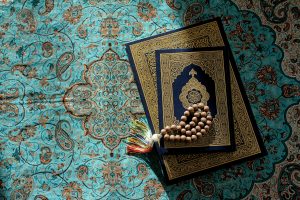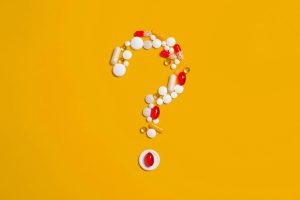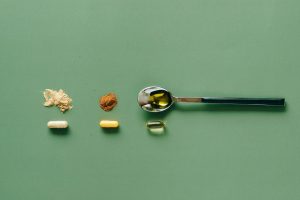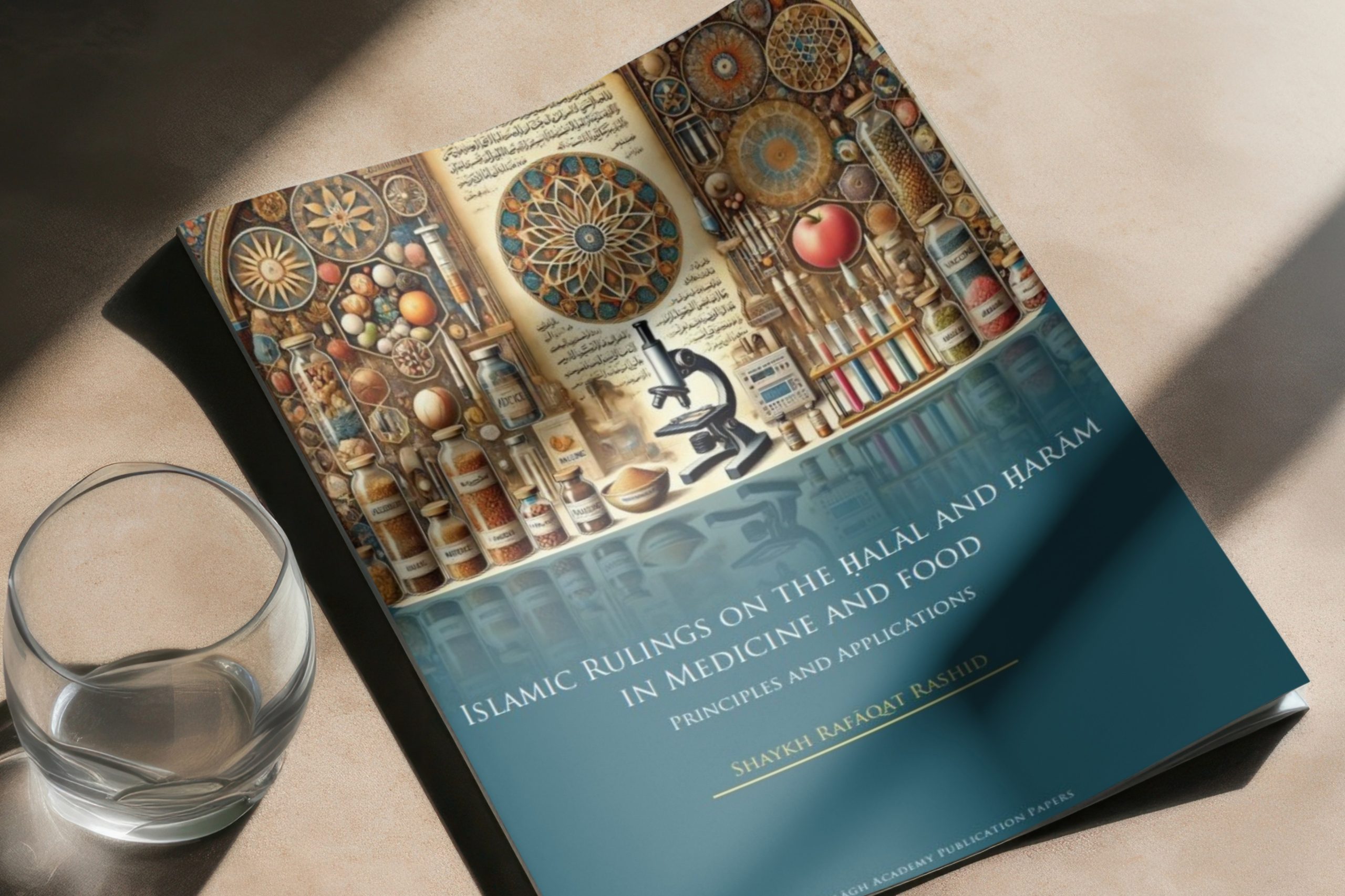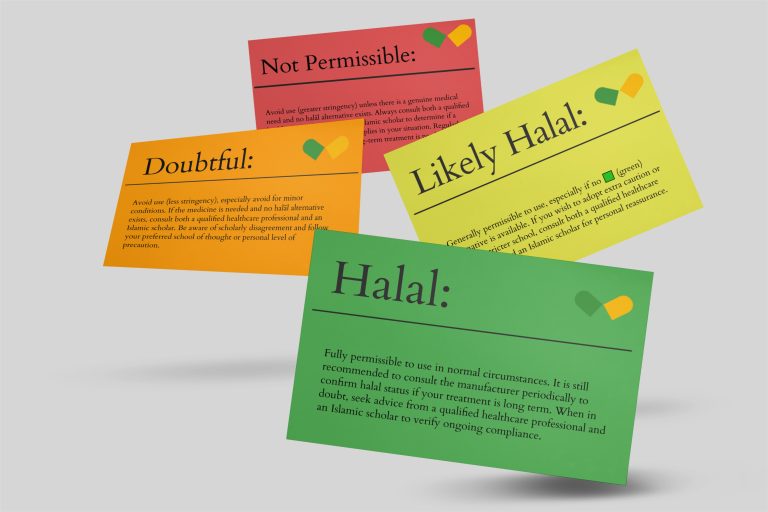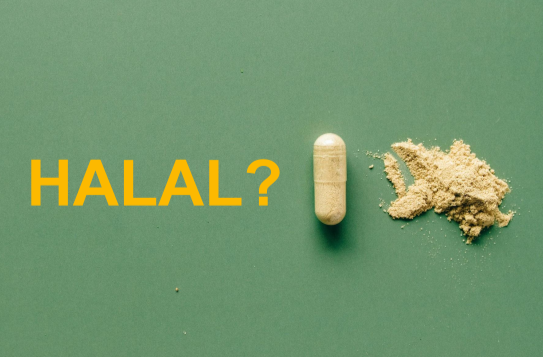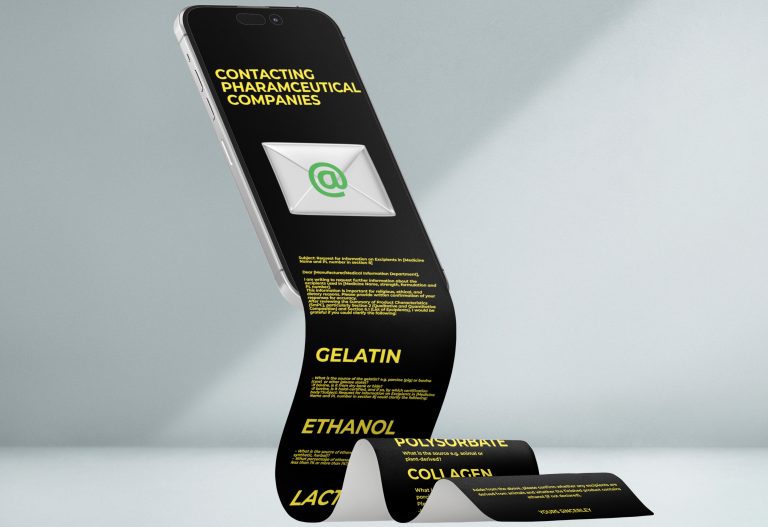Shellac in medicines: additional Islamic information
| Hanafi | Maliki | Shafiʿi | Hanbali | |
|---|---|---|---|---|
| Shellac | ✅Halal | ✅Halal | ✅Halal | ✅Halal |
| Reasoning | Generally permit their use after purification. Permit use in medicine or beneficial applications. | Generally permit their use after purification. Allow insect by-products if not harmful. | Generally permit their use after purification. Permit use in medicine or beneficial applications. | Generally permit their use after purification. Permit use in medicine or beneficial applications. |
Shellac is considered halal because it is an exocrine secretion (not from a legally impure (najis) insect body part) making it legally pure (tahir), by analogy with beeswax, honey and silk.
If some minor traces of insect dye remain, it is overlooked under ʿafw (exemption), especially when complete removal is difficult.1
<— go back to ‘Shellac in medicines’ page
⚠️ Important messages for patients
- Always take or use your medicine(s) exactly as directed or prescribed by your healthcare professional (HCP), such as your doctor or pharmacist
- Do not stop, delay, change or alter the way you take or use your medicine(s) without first discussing it with the HCP who prescribed or supplied it to you
- Always consult your HCP if you have any questions or before making any decisions about your treatment
- For Islamic guidance, seek advice from your local Imam or a trusted Islamic scholar – ideally someone with relevant knowledge and expertise in the fiqh (Islamic rulings) of medicines
- Use the information gathered to make an informed decision together with your HCP and, if needed, your local Imam or trusted Islamic scholar
Disclaimer
- This resource is for educational purposes only. It does not constitute clinical, medical, or professional healthcare advice and should not replace individual clinical judgement or qualified religious guidance
- Always consult your doctor, pharmacist, or other healthcare professional regarding your own medical conditions or for advice on treatment options
- Healthcare professionals remain fully responsible and accountable for decisions made within their own scope of practice.
References
- Rashid, R. (n.d.). Islamic rulings on the ḥalāl and ḥarām in medicine and food: Principles and applications. Al Balāgh Academy Publication Papers ↩︎

